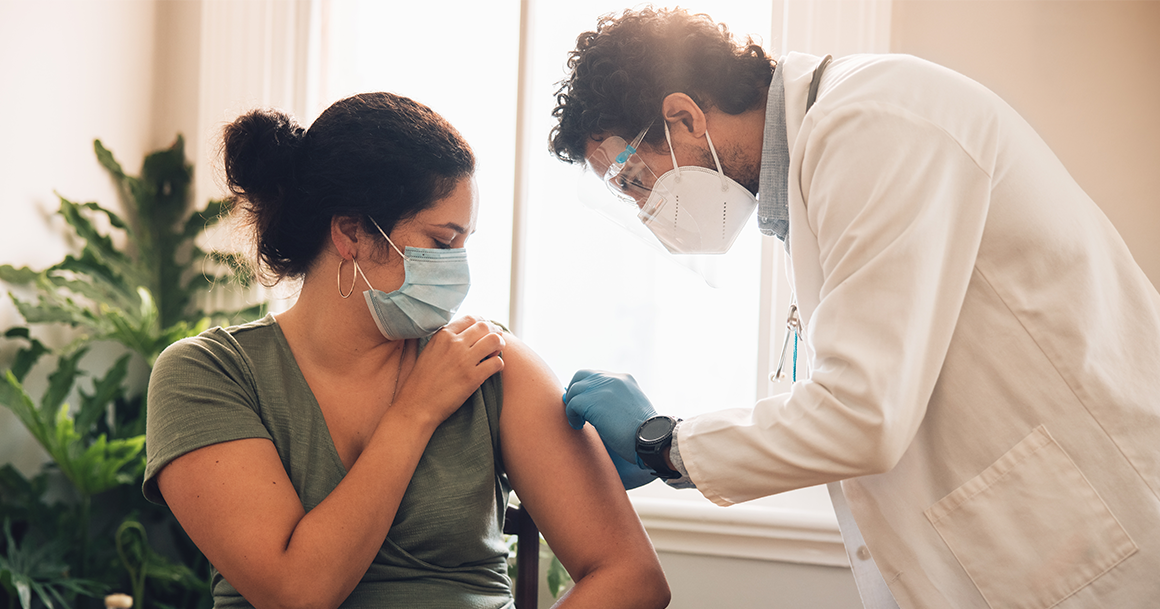Clinical Trials in the Time of COVID-19
Managing clinical trials during the COVID-19 outbreak has been challenging, especially in New York City.
The first COVID-19 outbreak severely affected New York State and most specifically the New York City area. All of us who lived in New York City in March and April experienced the incessant sound of ambulance sirens in response to citizens sickened with the virus and daily news stories of overwhelmed hospitals with these patients. In early March we closed our research facility to participant visits in order to both protect our participants and medical staff from unnecessary exposure to the virus. We had to take multiple factors into consideration before making this decision. First, New York, unlike most other American cities, relies heavily on public transportation (ie. Buses and subways). Because of the density of bus and subway riders, our staff and participants did not want to use public transportation because of the potential safety risks. Thus, our participant visits became virtual. Virtual visits can feel very different; however, we adapted quickly and were able to keep in contact with our participants, record symptomatology, and perform study drug accountability.
New York and its citizens suffered greatly but by early June the city and state was able to get the virus under control and achieve the lowest infection rate in the US. It was at this time our participants and staff felt comfortable traveling on public transportation and we opened our clinic to participant visits. Since opening, we have followed strict CDC guidelines for the use of PPE and physical distancing. We have re-organized our facility to ensure the quality of the indoor air, cleanliness of surfaces, and strict use of PPE and physical distancing. We also strictly monitor out of town visitors to ensure none are coming for areas of high infectivity without following quarantine guidelines.
We continue to be flexible and prioritize our participant and staff safety. New Yorkers and our clinic are committed to solutions that promote low COVID-19 infection rates.



